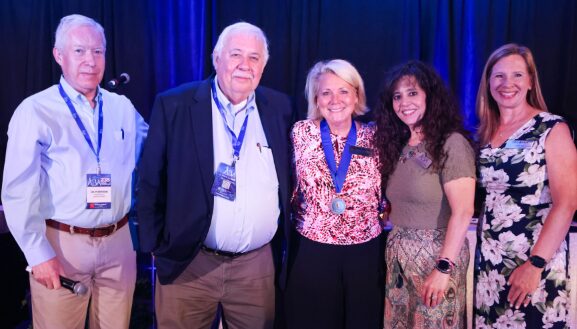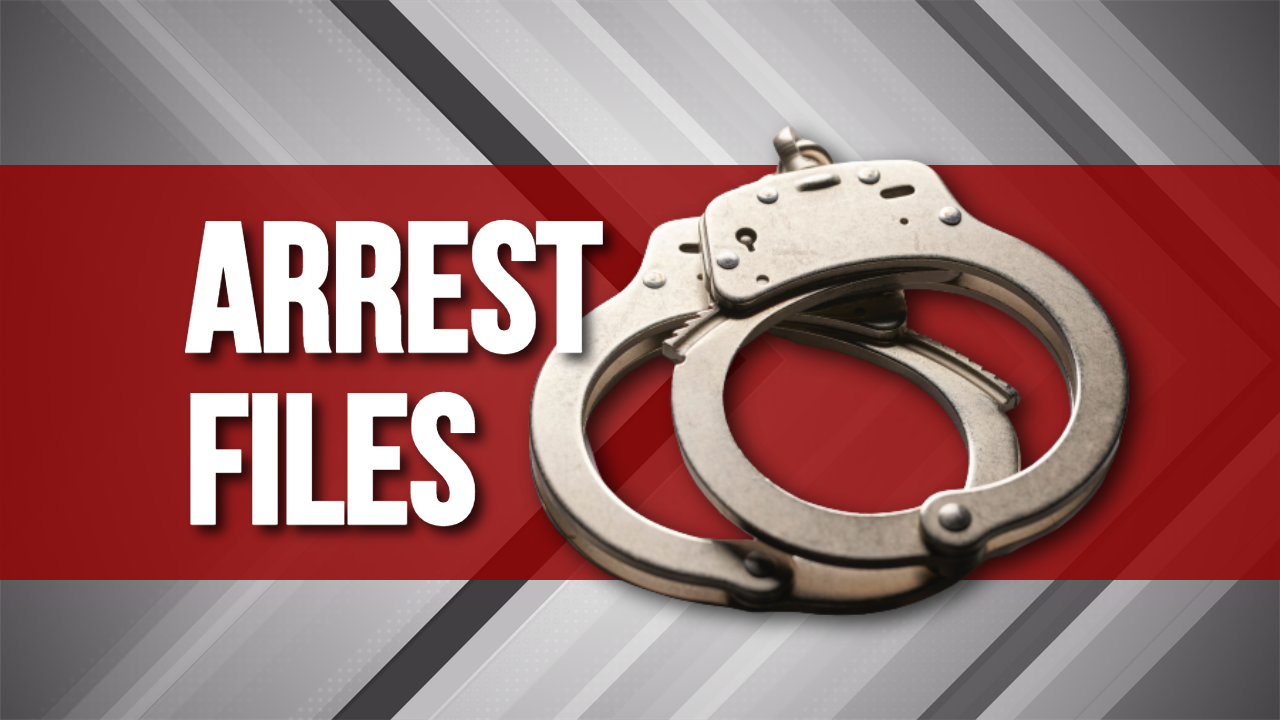 MANDEL NGAN/AFP/Getty Images(TEL AVIV, Israel) — Donald Trump made history Monday in becoming the first sitting U.S. president to visit the Western Wall in Jerusalem’s Old City, accompanied by first lady Melania Trump, his son-in-law, Jared Kushner, and his daughter Ivanka Trump.
MANDEL NGAN/AFP/Getty Images(TEL AVIV, Israel) — Donald Trump made history Monday in becoming the first sitting U.S. president to visit the Western Wall in Jerusalem’s Old City, accompanied by first lady Melania Trump, his son-in-law, Jared Kushner, and his daughter Ivanka Trump.
The president, donning a yarmulke, solemnly placed his hand on the Western Wall and, after taking a few moments, left a note behind.
The historic visit came shortly after Trump arrived in Israel around noon local time on Monday, marking the second stop on his first foreign trip as president.
He was greeted upon his arrival by Israeli Prime Minister Benjamin Netanyahu, his wife, Sarah Netanyahu, Israeli President Reuven Rivlin, and his wife, Nehama Rivlin, for a welcome ceremony.
“On my first trip overseas as president, I have come to the sacred and ancient land to reaffirm the unbreakable bond between the United States and the state of Israel,” Trump said on the tarmac of Ben Gurion Airport in Tel Aviv.
“We have before us a rare opportunity to bring security and stability and peace to this region and to its people, defeating terrorism and creating a future of harmony, prosperity and peace. But we can only get there working together,” he continued.
His two days in Israel are to include a meeting with Rivlin and visits to two holy sites for the Christian and Jewish faiths: the Church of the Holy Sepulchre in addition to the Western Wall.
Trump will also have private meetings with Netanyahu on Monday and Palestinian Authority President Mahmoud Abbas on Tuesday, and a wreath laying at the Holocaust memorial Yad Vashem.
Trump’s visit to the Western Wall, Judaism’s holiest prayer site, pleased Israeli officials. But in preparations for the planned visit, a junior U.S. official commented to Israelis that the Jewish holy site is “not your territory. It’s part of the West Bank” — a remark that an Israeli official said was “received with shock.”
White House press secretary Sean Spicer sought to clarify the U.S. official’s comment, saying it does not reflect American policy and that “the Western Wall is obviously one of the holiest sites in the Jewish faith.”
In a briefing previewing the president’s trip, national security adviser H.R. McMaster declined to discuss the thorny question of jurisdiction over the land where the Western Wall is located.
“That sounds like a policy decision,” he said.
U.S. Ambassador to the U.N. Nikki Haley, however, deviated from longstanding U.S. policy by saying the Western Wall is part of Israel, in an interview with CBN News, and on Monday Secretary of State Rex Tillerson, asked about her comments, said “the wall is part of Jerusalem.”
Before arriving at the Western Wall, Trump and the first lady toured the Church of the Holy Sepulchre in the Old City — one of Christianity’s holiest sites, holding the shrine where Jesus is believed to have been entombed. He delivered remarks alongside Rivlin, repeating what he wrote in the Israeli president’s guestbook, saying, “I am honored to be in the great state of Israel, the homeland of the Jewish people.”
Trump will not announce during his visit any move of the U.S. Embassy from Tel Aviv to Jerusalem, according to a senior White House official who cautioned that it’s not the right time for such a pronouncement, as the administration is focusing on brokering a peace deal between Israelis and Palestinians.
Moving the embassy had been a campaign promise of Trump’s going back to the Republican primary campaign. As early as a March 2016 speech to the American Israel Public Affairs Committee, Trump vowed, “We will move the American Embassy to the eternal capital of the Jewish people, Jerusalem.”
Most foreign nations’ embassies in Israel, including the United States’ since 1966, are in Tel Aviv. Any move of the embassy to Jerusalem would likely be viewed as provocative to leaders of the region’s Arab nations and to Palestinians, who claim that city as the capital of a future state.
Trump does not expect to convene a joint meeting with Abbas and Netanyahu on this trip, although he hopes that will happen after another round of solo meetings with each of the leaders, the senior White House official said.
“We’re not here to force people to do things one way or the other with regards to the Israeli-Palestinian conflict,” the official said.
The stop in Israel comes after the president’s visit to Saudi Arabia, the birthplace of Islam, and will be followed by a trip to the Vatican, where Trump will meet with the pope.
Copyright © 2017, ABC Radio. All rights reserved.



